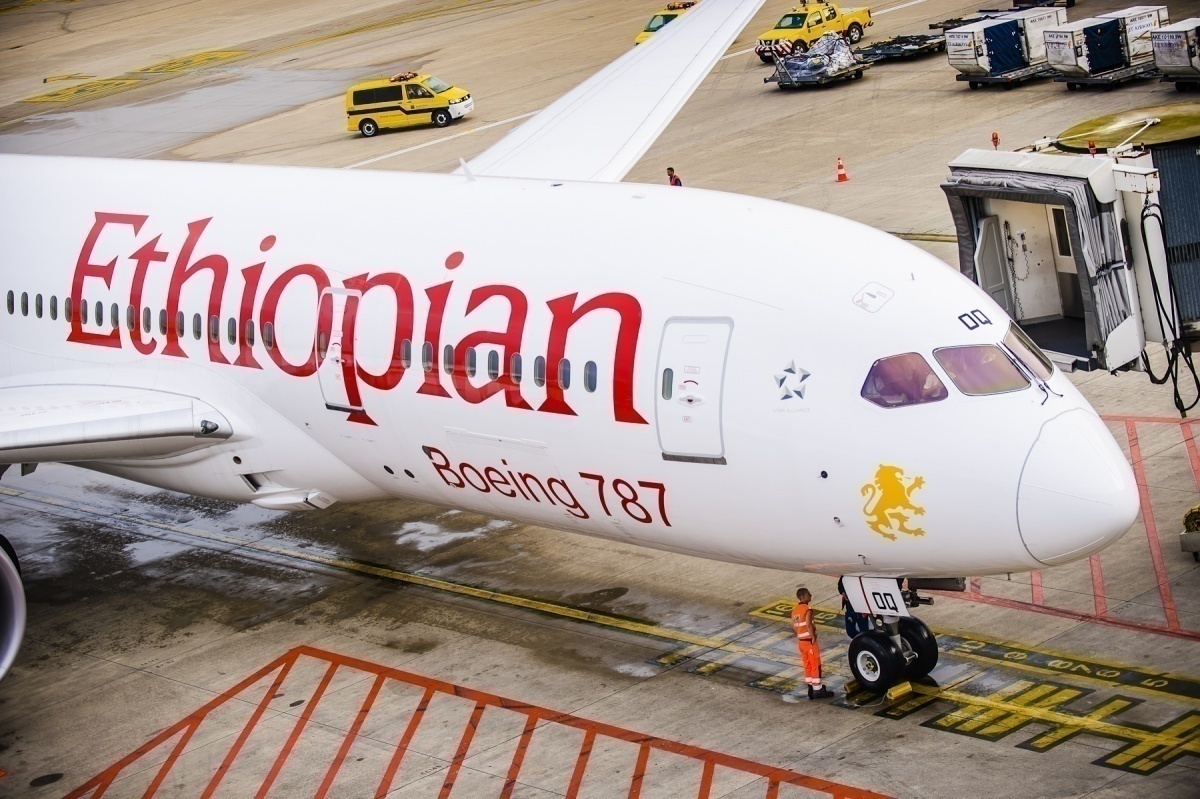Water bottles, disposable toiletries, plastic bags, bin liners, food packaging and cups are among the most prominent plastic polluters.
The World Travel & Tourism Council (WTTC) and the United Nations Environment Programme (UNEP) launched a major new report last Saturday, addressing the complex issue of single-use plastic products within Travel & Tourism.
‘Rethinking Single-Use Plastic Products in Travel & Tourism’ launches as countries worldwide begin to reopen, and the Travel & Tourism sector starts to show signs of recovery from the COVID-19 pandemic, which has been devastating.
The report is a first step to mapping single-use plastic products across the Travel & Tourism value chain, identifying hotspots for environmental leakages, and providing practical and strategic recommendations for businesses and policymakers.
It is intended to help stakeholders take collective steps towards coordinated actions and policies that drive a shift towards reducing and reuse models, in line with circularity principles and current and future waste infrastructures.
The report’s recommendations include redefining unnecessary single-use plastic products in the context of one’s own business, giving contractual preference to suppliers of reusable products, proactively planning procedures that avoid a return to single-use plastic products in the event of disease outbreaks, supporting research and innovation in product design and service models that decrease the use of plastic items, and revising policies and quality standards with waste reduction, and circularity in mind.
Virginia Messina, Senior Vice President and Acting CEO, WTTC, said: “WTTC is proud to release this critical high-level report for the sector, focusing on sustainability and reducing waste from single-use plastic products in Travel & Tourism. The COVID-19 pandemic has accelerated the sustainability agenda, with businesses and policymakers now putting an even stronger focus on it. As a growing priority, businesses are expected to continue to reduce single-use plastic products waste for the future and drive circularity to protect not only our people, but importantly, our planet. It is also becoming clear that consumers are making more conscious choices, and increasingly supporting businesses with sustainability front of mind.”
Single-use plastic products can threaten the environment and human health, and without deliberate effort across the sector, Travel & Tourism can and will contribute significantly to the issue.
The COVID-19 pandemic has had both negative and positive impacts on single-use plastics pollution.
The demand for single-use plastics items has increased, with safety being a serious concern among tourists and take-away services being on the rise. According to the Thailand Environment Institute, plastic waste has increased from 1,500 tons to a staggering 6,300 tons per day, owing to soaring home food deliveries.
However, the pandemic has also catalysed consumer demand for green tourism experiences worldwide, with a 2019 global study* finding 82% of respondents are aware of plastic waste and are already taking practical actions to tackle pollution.
The report recognises that global solutions are required to address corporate concerns about using single-use plastic products. It aims to support informed decision making based on the potential impacts of trade-offs and unintended burden shifting when considering the transition to sustainable alternatives.
Sheila Aggarwal-Khan, Director of the Economy Division, UNEP, said: “Travel & Tourism has a crucial role to play in addressing the triple planetary crises of climate change, biodiversity loss and pollution, as well as making circularity in the use of plastics a reality. The advent of COVID-19 and consequent proliferation of single-use plastic products has added urgency to the crises. With this report, we hope to encourage stakeholders in this industry to come together to address this multifaceted challenge. Only by doing so, can we ensure meaningful and durable change.”
With around 90 per cent of ocean plastic derived from land-based sources and the annual damage of plastics to marine ecosystems amounting to $13 billion per year, proactively addressing the challenge of plastics within the Travel & Tourism sector is key.
About Guide2Uganda
Guide2Uganda (www.guide2uganda.ug) is the most comprehensive source of travel information about Uganda that exists on the web, with more content on its cities & towns, accommodation, attractions, events, museums and galleries than any other online guide that currently exists for Uganda; as well as being a dynamic travel news and events driven site with fresh content added daily.
According to WeFollow & Peer Index (that measure online influence), we are among the most influential online media organizations in Uganda. Guide2Uganda was also awarded ‘’Best Destination Website in Uganda’’ by Jumia Travel Uganda in the 2018 Africa Travel Awards.
Share your travel stories & photos with the world via email: info@guide2uganda.ug



